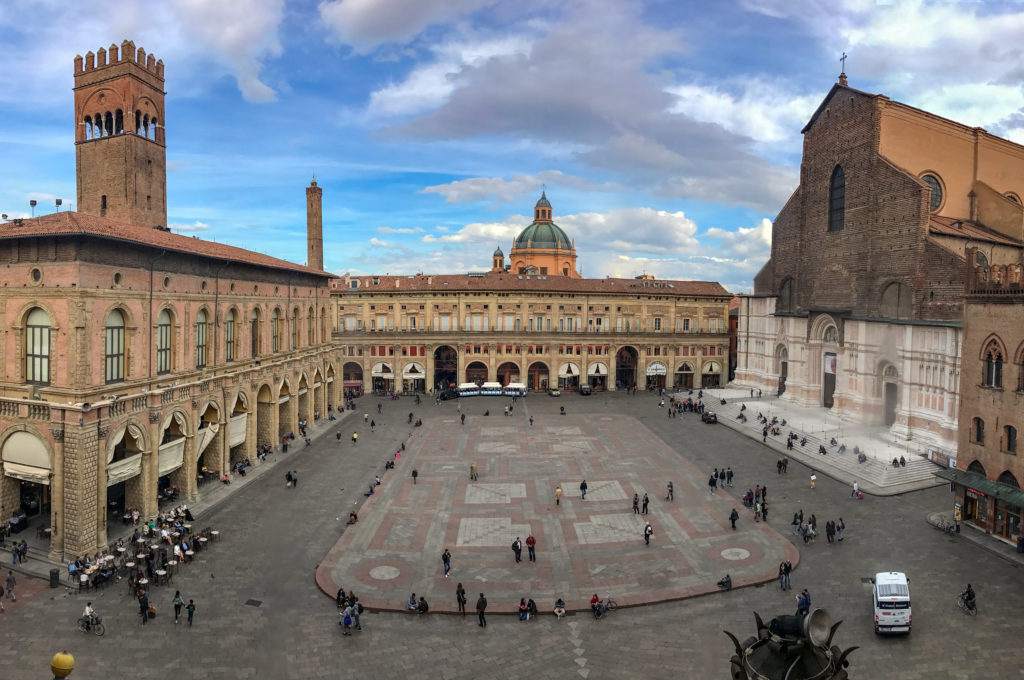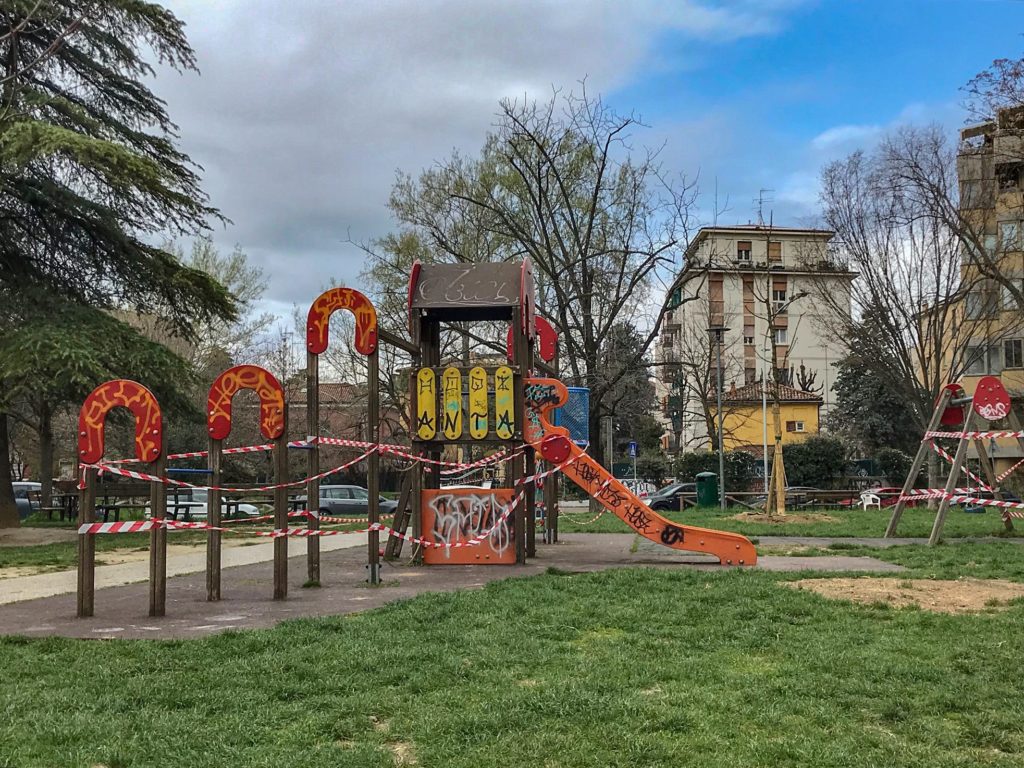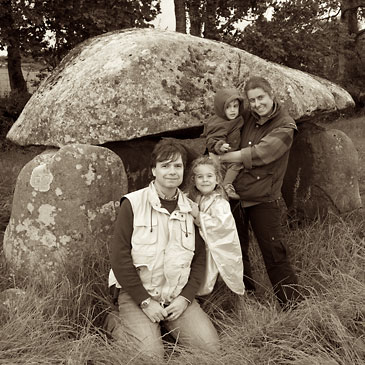
NOTE:
While most of the data in this piece was obtained from the most current public sources at the time of publication, there are at least two web sites with current – near real time, frequently updated — detailed data and statistics on worldwide coronavirus numbers. This one, worldometers (“run by an international team of developers, researchers, and volunteers”), has very detailed data on Italy (and other countries). Ncov2019.live data (created by “a high schooler in Washington State”) is also excellent.
The sites get their data from sources such as the World Health Organization, the CDC, the United Nations, etc.
As we all know, the coronavirus (COVID-19) outbreak that originated in Wuhan, China, late last year, has now become pandemic and has been declared a global health emergency by the World Health Organization.
Today, a mere 12 weeks later, the virus has spread to 129 countries, infecting roughly 132,000 people and killing nearly 5,000.
Europe was not spared. On that continent, Italy has been hit the hardest, where infections surged roughly 20 percent overnight to more than 21,000 – the largest outbreak outside of China – and where more than 1,400 people have died because of the virus.
While the first outbreaks occurred in the northern region of Lombardy, the virus has now spread from the north of Italy and moved south down to Rome, leading to the lockdown of an entire country of 60 million people.
One of the cities affected by the virus is beautiful, historical Bologna, capital of the Emilia-Romagna region, a mere 100 miles southeast of heavily hit Piacenza in the Lombardy region.


More than 2,200 people have tested positive for the virus in the Emilia-Romagna region and more than 200 have died. In Bologna more than 150 have tested positive.
We can hear and read about the fears, uncertainties and difficulties faced by the people in Bologna in newscasts and in articles, such as one by BBC News’ Bethany Bell, where she describes how “In Bologna, people are struggling to come to terms with their strange new reality,” how badly the tourist trade has been affected and about the fear that hospitals will not be able to take care of everyone.
But there is nothing like a “letter from the ground.”
One of our longtime readers and one of the first contributors to our series, Reflections of a ‘Nation of Immigrants’, Susan Rappoport, received such a letter from a friend in Bologna, Italy, which she shares with us:
“We are living segregated at home, and only one person per family is allowed to enter the supermarkets. The whole country has been basically shut down. We are trying to keep calm, but we are constantly flooded by bad news coming from everywhere. It’s probably the most challenging times since World War II.
As you can imagine, we can’t sleep much and the prospects are dire, but we are testing ourselves with the meaning of ‘flexibility’ and ‘adaptation’ as a species. We must hold tight, hoping that the State, our social structures and the world economy won’t crumble.
Wish you all the best – please don’t let your leaders underrate this virus: we’re living surrounded by it and it’s truly bad. Hope that on your side of the ocean you may learn from our mistakes.”
The writer, Diego Meozzi, is a 56-year-old Italian journalist who manages Cartabianca, a small, family-run publishing company, and who — as he says in follow-up correspondence — is just “trying to get an unbiased and wider perspective on the whole Covid-19 mess here.”
In doing so, Meozzi also gives us some much-needed words of advice and caution:
• I was at first convinced that the first, mild safety measures were excessive — as everyone kept saying “it’s just a flu.” But things changed very fast. Today, the main concern is that the current available beds in intensive care sections of our hospitals will all be taken in the next few days.
• We are lucky that our National Health System is almost completely free, but of course if tens of thousands of people will need respiratory support, the system won’t be able to support all the sick.
• After the initial disbelief, many Italians are behaving appropriately, strictly following the rules issued by the Government, at least in Bologna, where I live. We are expecting the safety measures will become even stricter.
• My advice to people in other Countries is to ask your own government to act fast in order to apply virus containment measures: do not panic and just follow the rules. A quote that I read recently said: “Our granddads were sent to war; now we’ve been asked to stay at home on our sofas.” It’s a war against a virus, and we will win if we will remain human, selfless, caring and alert.
The hopes and spirit expressed by Meozzi are perhaps best illustrated in a video shared on Twitter by David Allegranti. The video is of residents confined to their homes in the Tuscany town of Siena joining together to sing the traditional folk song ‘Canto della Verbena’ (And While Siena Sleeps), a traditional folk song of Siena.
Auguriamo bene a Diego, alla sua famiglia e a tutti Italiani.
CODA:
Diego Meozzi and his wife Paola Arosio, who is also a journalist, live with their daughter and son in beautiful Bologna where, in addition to running their Cartabianca publishing company, they devote their time to the website Stone Pages, “the very first guide about European megalithic sites and other ancient monuments.”

















